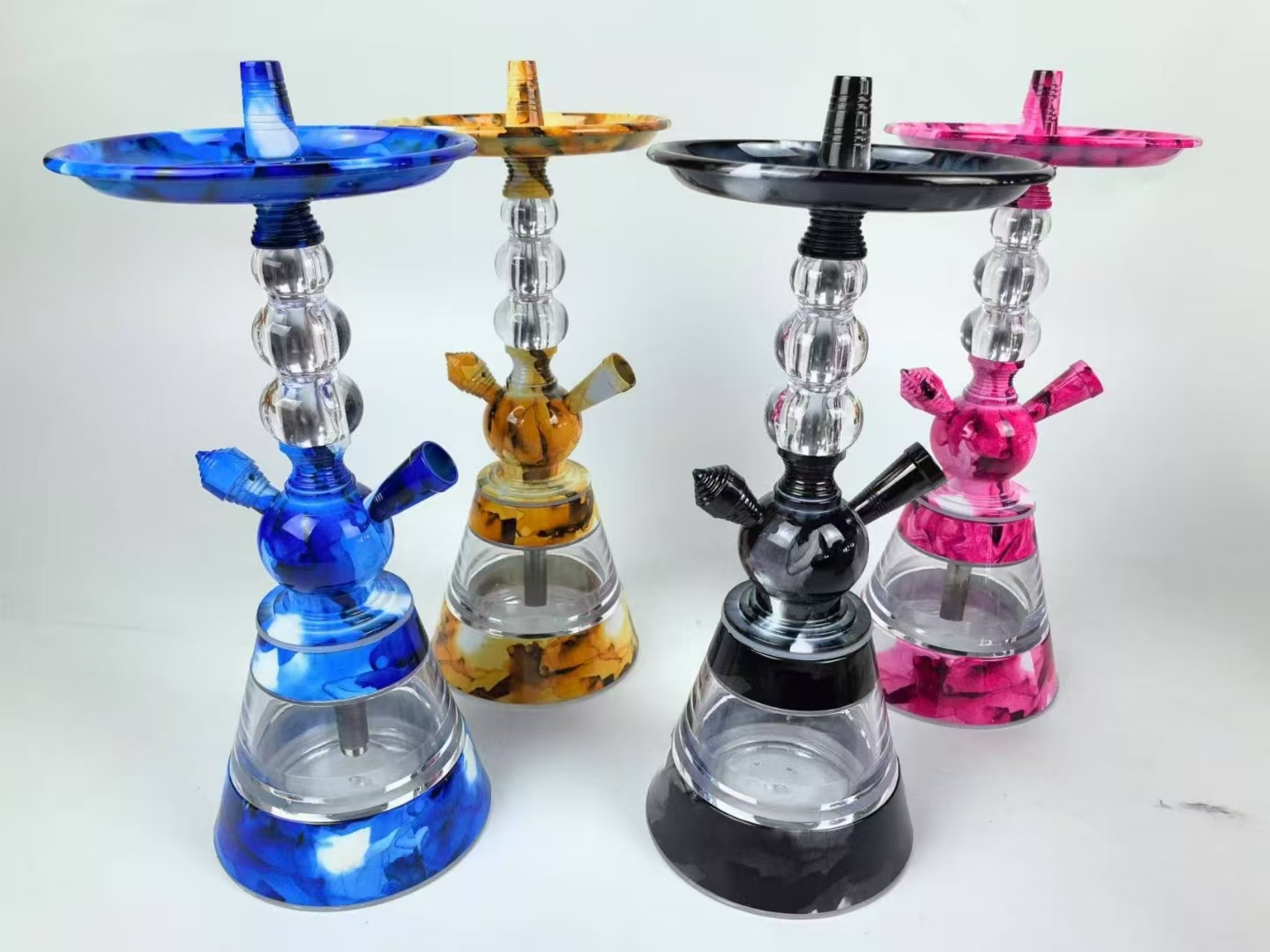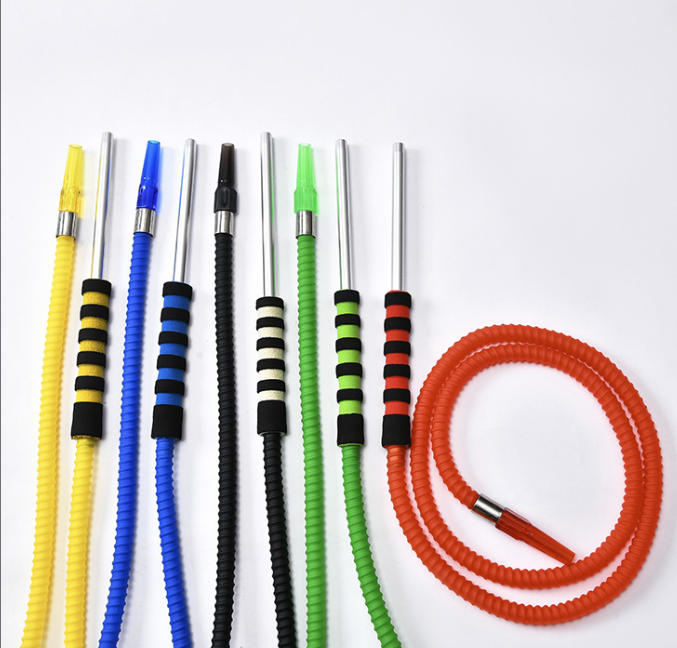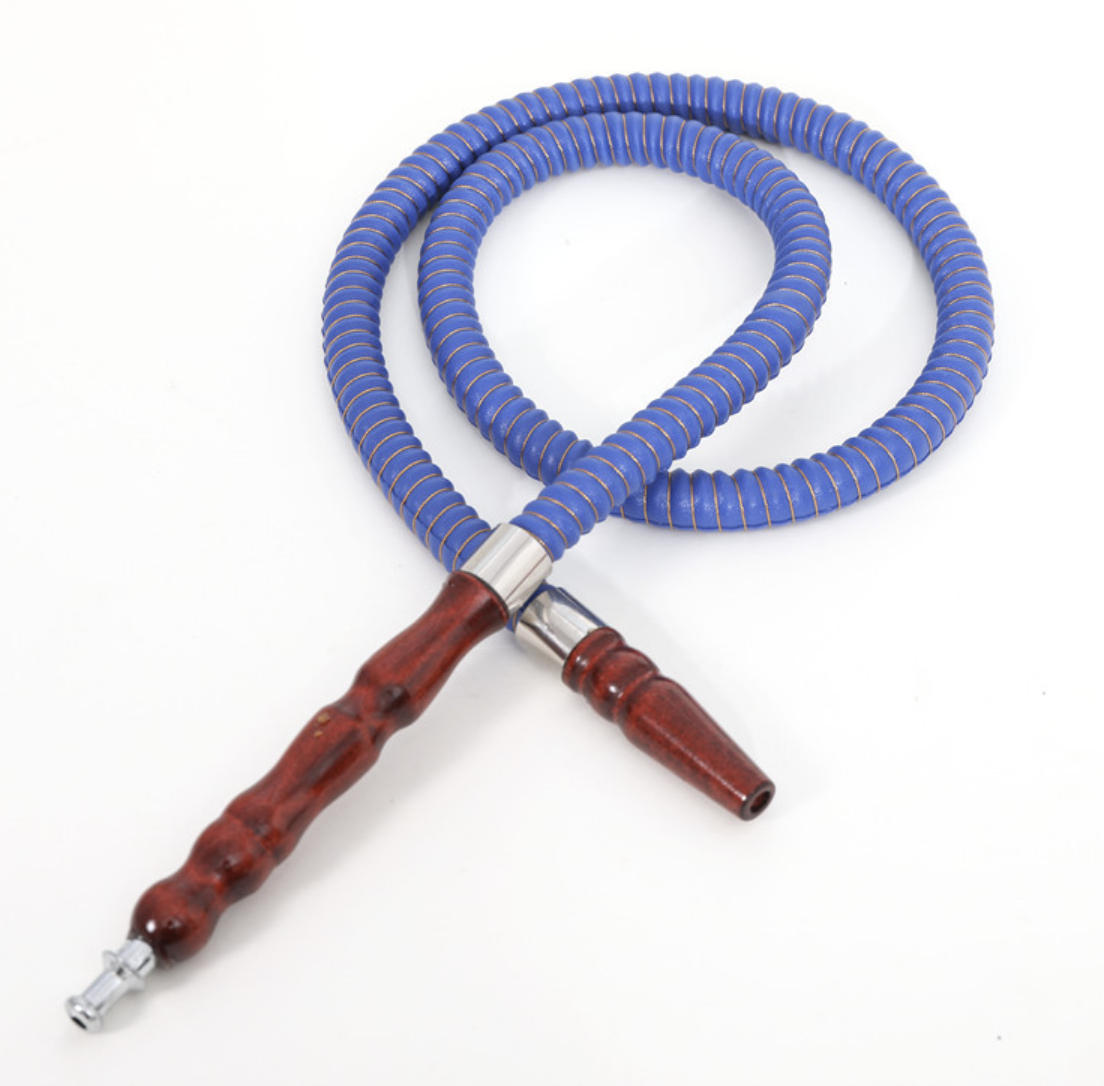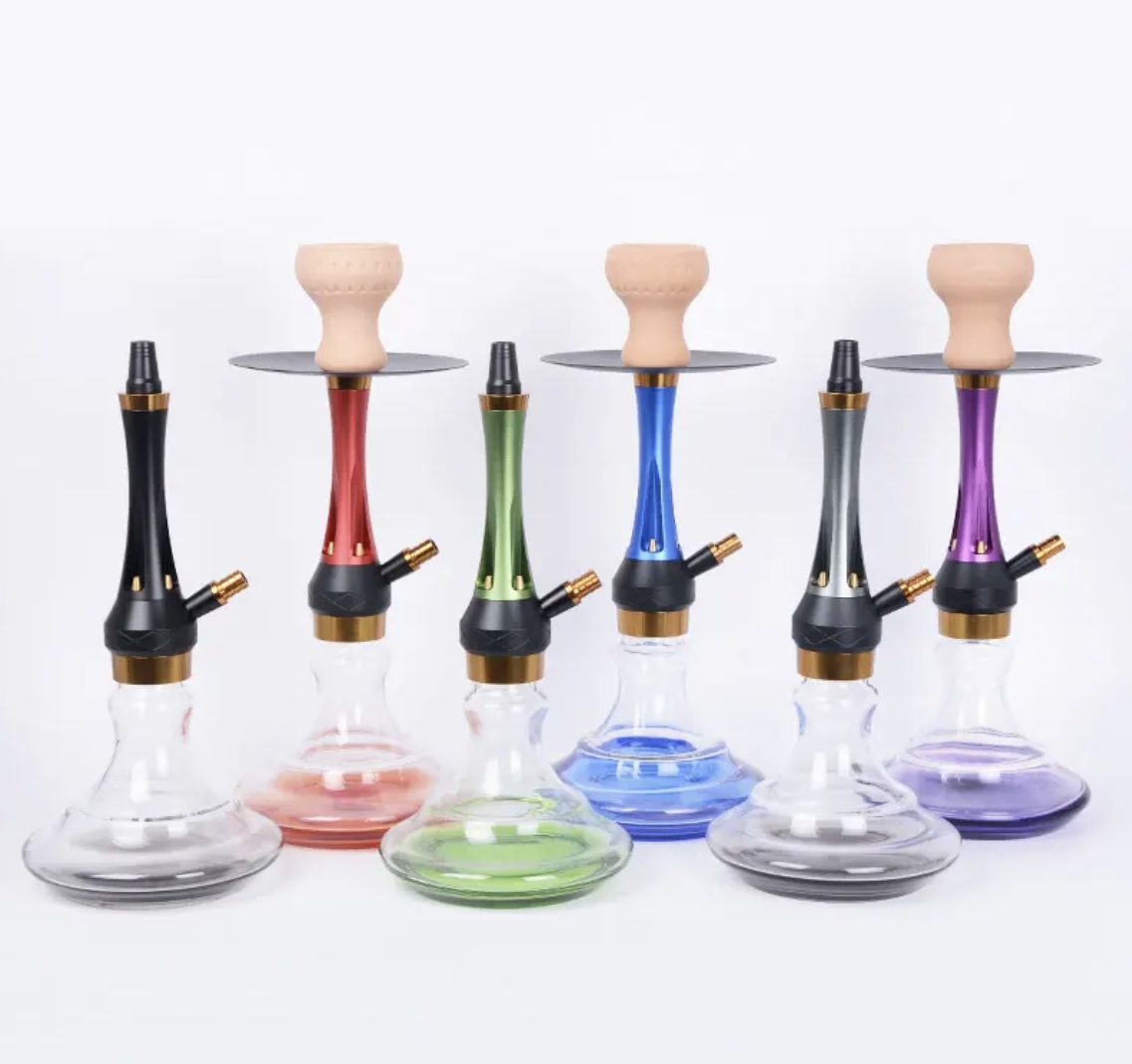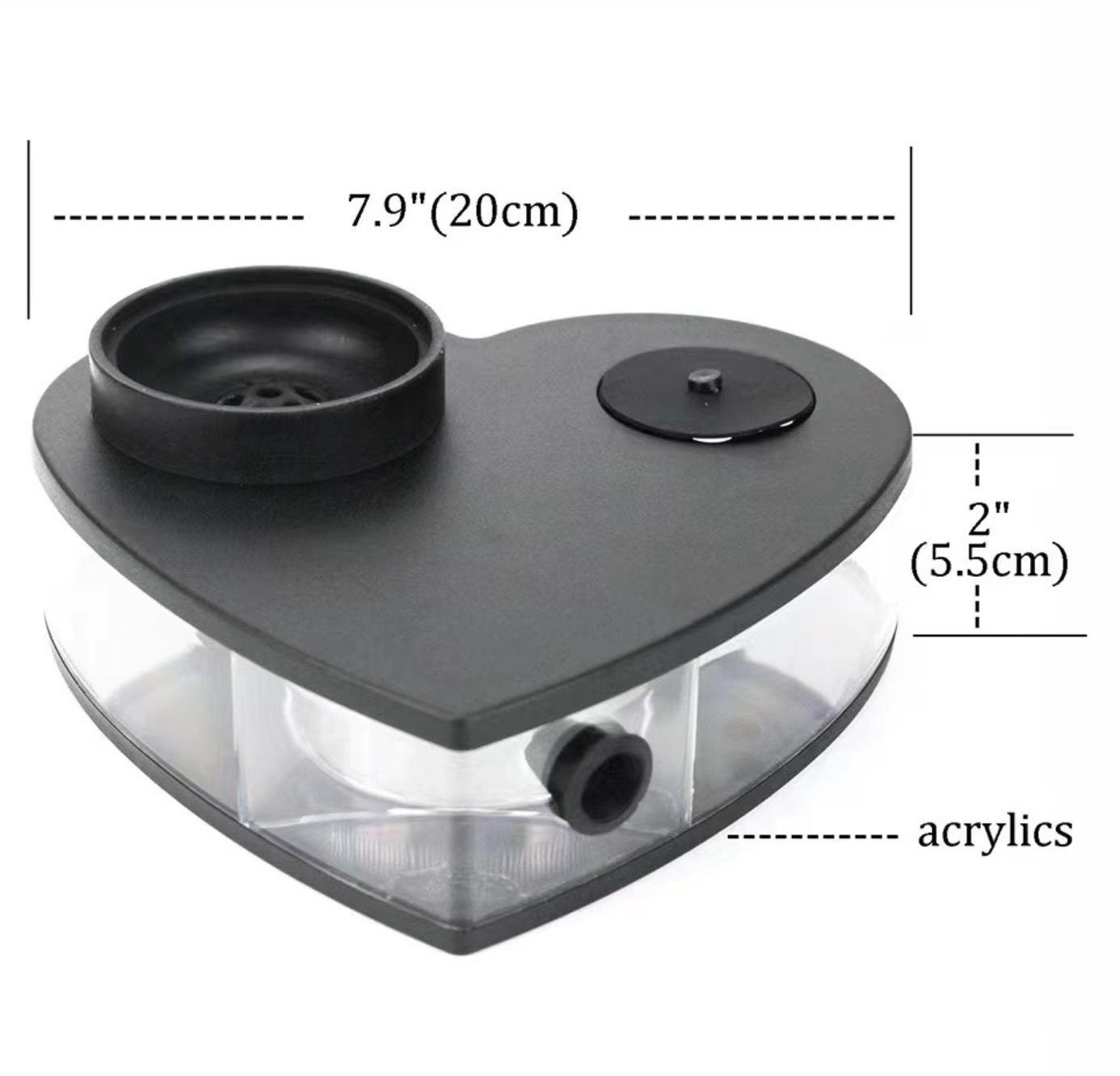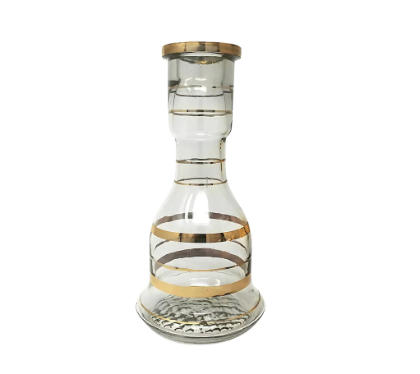how long does hookah stay in your system?
Introduction
Hookah, also known as shisha or waterpipe smoking, has gained popularity worldwide, particularly among young adults seeking a social and flavorful smoking experience. As a hookah wholesale expert with years of experience in the industry, I’ve seen firsthand the curiosity surrounding hookah use, especially questions like, “How long does hookah stay in your system?” This question is critical for those concerned about health, drug testing, or simply understanding the effects of hookah smoking. In this article, we’ll explore the science behind hookah’s presence in the body, its health implications, and practical tips to minimize its effects, all while addressing key concerns with clarity and actionable advice.
Hookah smoking involves inhaling flavored tobacco or herbal shisha through a waterpipe, often in a social setting like a hookah lounge. While it’s often perceived as a safer alternative to cigarettes, the reality is more complex. Whether you’re a casual user at a hookah bar near me or someone exploring hookah for sale, understanding how long hookah stays in your system is essential for making informed decisions. Let’s dive into the details, ensuring you have accurate, trustworthy information backed by research and practical insights.
What is Hookah and How Does It Work?
Hookah is a traditional smoking device originating from the Middle East, used to smoke flavored tobacco or herbal shisha. The setup includes a bowl, hose, and water-filled base, with charcoal heating the shisha to produce smoke that’s inhaled through the hose. According to the Centers for Disease Control and Prevention (CDC), hookah tobacco, or shisha, often contains nicotine, flavorings, and molasses, which create its distinctive taste and aroma.
When you smoke hookah, the active compounds—primarily nicotine, if using tobacco-based shisha—are absorbed through the lungs into the bloodstream. This process raises the question, “How long does hookah stay in your system?” as nicotine and other substances can linger in the body, potentially detectable in drug tests. Unlike cigarettes, a typical hookah session lasts 30–60 minutes, exposing users to higher volumes of smoke, which can amplify health concerns. Understanding this mechanism is key to grasping how long hookah’s components remain in your body.
How Long Does Hookah Stay in Your System?
The primary concern for many is how long hookah, particularly its nicotine content, remains detectable in the body. Nicotine, the addictive substance in tobacco-based shisha, is metabolized into cotinine, a biomarker used in drug tests. According to a study published in Nicotine & Tobacco Research (Shihadeh et al., 2012), hookah smoking can deliver nicotine levels comparable to or higher than cigarette smoking due to prolonged sessions.
-
Blood and Urine Tests: Nicotine and cotinine are detectable in blood and urine for 1–3 days after a single hookah session. For regular users, cotinine may remain detectable for up to 7–10 days, depending on frequency and quantity smoked.
-
Saliva Tests: Saliva tests can detect cotinine for 1–4 days after use, as noted by the American Lung Association.
-
Hair Tests: Hair tests have a longer detection window, identifying cotinine for up to 90 days, making them less common but more comprehensive for detecting past use.
For those wondering, “Does hookah show up on a drug test?” the answer depends on the substance smoked. Tobacco-based shisha triggers nicotine detection, but herbal shisha, which is nicotine-free, typically does not. However, if marijuana or other illicit substances are smoked in a hookah, as found in a study of college students (Sutfin et al., 2014), these could be detected for weeks, depending on the drug and test type.
Factors Affecting Hookah Detection Time
Several factors influence how long hookah stays in your system, making it essential to consider individual differences. Here are the key variables:
-
Frequency of Use: Occasional users clear nicotine faster than regular users. Daily hookah smokers may have detectable cotinine levels for over a week, while a one-time session may clear within 48 hours.
-
Metabolism: Individuals with faster metabolisms process and eliminate nicotine more quickly. Age, weight, and overall health play a role, as noted in research from the National Institute on Drug Abuse.
-
Type of Shisha: Tobacco-based shisha contains nicotine, while herbal shisha does not. Brands like Al Fakher hookah tobacco or Starbuzz hookah flavors often list nicotine content (e.g., 0.05% per serving), affecting detection times.
-
Session Duration: Longer sessions, common in hookah lounges, increase nicotine exposure. A 60-minute session can produce smoke equivalent to 100–200 cigarettes, per the World Health Organization.
-
Hydration and Diet: Staying hydrated and eating a balanced diet can accelerate nicotine clearance. Drinking water and consuming antioxidant-rich foods like fruits and vegetables support detoxification.
As someone who has worked with hookah wholesalers, I’ve advised clients to inform users about these factors when selling products like Khalil Mamoon hookah or Amy Deluxe hookah sets. Understanding these variables helps users anticipate how long hookah might linger in their system.
Health Implications of Hookah Smoking
Hookah smoking carries significant health risks, often underestimated due to its social and flavorful appeal. The question, “Is hookah bad for you?” is answered by extensive research highlighting its dangers:
-
Respiratory Issues: Hookah smoke contains carcinogens, carbon monoxide, and heavy metals, increasing risks of lung cancer and respiratory illness (Akl et al., 2010).
-
Cardiovascular Risks: Nicotine and carbon monoxide elevate heart rate and blood pressure, contributing to heart disease.
-
Infectious Diseases: Sharing hookah hoses in lounges can spread infections like herpes or tuberculosis, especially without proper hookah tips or hygiene.
-
Addiction: Nicotine in tobacco-based shisha can lead to dependence, similar to cigarettes. Even herbal shisha, while nicotine-free, produces toxicants like tar and polycyclic aromatic hydrocarbons.
From my experience visiting hookah lounges near me, I’ve noticed many users are unaware of these risks, assuming the water filtration makes hookah safer. Educating customers about these health implications is crucial, whether they’re buying a hookah set or visiting a hookah bar.
Tips to Minimize Hookah’s Effects
If you’re concerned about how long hookah stays in your system or its health impacts, here are actionable tips to reduce its effects:
-
Choose Nicotine-Free Shisha: Opt for herbal shisha from reputable brands like Fumari or Adalya hookah to avoid nicotine detection and reduce addiction risks.
-
Limit Session Time: Keep hookah sessions under 30 minutes to minimize smoke exposure. Use a timer to track your usage.
-
Stay Hydrated: Drink plenty of water before and after smoking to support nicotine clearance. Aim for 8–10 glasses daily.
-
Clean Equipment Regularly: Maintain your hookah pipe and hose to prevent bacterial buildup. Use cleaning brushes and solutions available at hookah shops near me.
-
Avoid Sharing Hoses: Use disposable hookah tips to reduce infection risks, especially in social settings like hookah lounges.
-
Monitor Frequency: Limit hookah use to once or twice a month to reduce cumulative exposure and detection time.
These steps are practical and effective, based on my experience advising hookah store owners on product safety and customer education. For those asking, “How long does hookah stay in your system?” these tips can help clear it faster and reduce health risks.
Conclusion
Understanding how long hookah stays in your system is essential for making informed choices about its use. Nicotine from tobacco-based shisha can linger for 1–10 days in blood and urine, up to 90 days in hair, depending on usage frequency, metabolism, and shisha type. Health risks, including respiratory and cardiovascular issues, underscore the importance of moderation and informed choices. By opting for nicotine-free shisha, limiting session times, and maintaining proper hygiene, you can enjoy hookah responsibly while minimizing its impact.
Whether you’re a casual user at a hookah lounge or exploring hookah for sale, these insights empower you to navigate hookah smoking with confidence. For more information on safe hookah use, visit trusted resources like the CDC or consult with local hookah shop experts. Stay informed, stay safe, and enjoy hookah responsibly!
